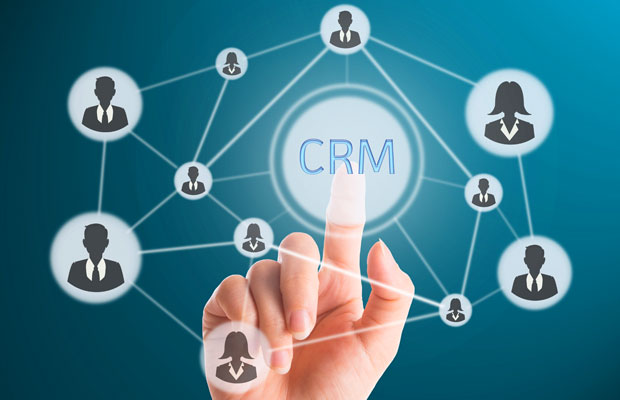The New App Dev CRM Model

CRM is an industry that's been full of turning points, and I think it is at another. There have been many smaller turns, like the additions of analytics, social media and process flows. However, to get a sense of this point in time, I think you have to go all the way back to the turn of the century and the rise of cloud computing.
The cloud was important as an economic marker in ways that other turning points were not. When software as a service emerged, it represented a long overdue initiation of a commoditization wave in the whole technology market, and CRM was the test case.
Software largely was unaffected by the first cloud wave. Sure, the cost of goods collapsed as we went to multitenant architectures, but the cost of hardware, middleware and labor largely bore the brunt of that transition.
Today, a startup can access the same level of software sophistication -- and with it business process intricacy -- that much larger competitors can, with the result that in industry after industry, competitive differentiators that relied on things like superior supply chains, deeper financing, and industry longevity largely are muted. On the Internet, everybody is the same.
Platform Is New Differentiator
Now commoditization is hitting the software market directly, thanks to the emergence of software platforms that integrate and generate applications. The platform, as I've said more than once, is the new differentiator. It generates virtually error-free code that brings together all of the constituent parts of apps that most businesses would regard as essential today, and it gives any business using the platform an agility we once could only dream of.
All of this is driving down the cost of applications the same way cloud computing drove down the cost of hardware and infrastructure before. You need only look at the free or nearly free apps you can download, or the attractive monthly fees for bundled cloud business applications to see the point. Software is commoditizing -- and doing so rapidly.
That leaves the industry in an interesting place. During a commoditization wave, existing vendors typically move up-market to survive, and that's what we're seeing. Virtually all of the software vendors I know, especially in CRM, now tout their platforms to one degree or another.
They still primarily promote CRM, but now there's also a strong message about how you can manipulate the delivered apps to do your bidding in your distinctive market. It's a powerful message, because the business processes you support represent the new secret sauce of your business.
At the same time, I'm picking up signals that many businesses would rather build their own CRM systems than buy a suite from a vendor, and that tracks with some of my research. Going back 15 years or so, my research indicates that businesses prefer building their CRM over buying suites especially in sophisticated or highly regulated markets. Whether that sentiment is based on reality or not -- modern vendor vertical apps offer a lot -- it's the reality I'm seeing.








Most Visited
It’s always been hard to reconcile the dreams of portability with power in a gaming laptop.
Devices built on Nvidia's Tegra X-1 mobile processor are at risk of attack from a flaw security r
Google has introduced new methods, an updated user interface and other changes through which 2-st